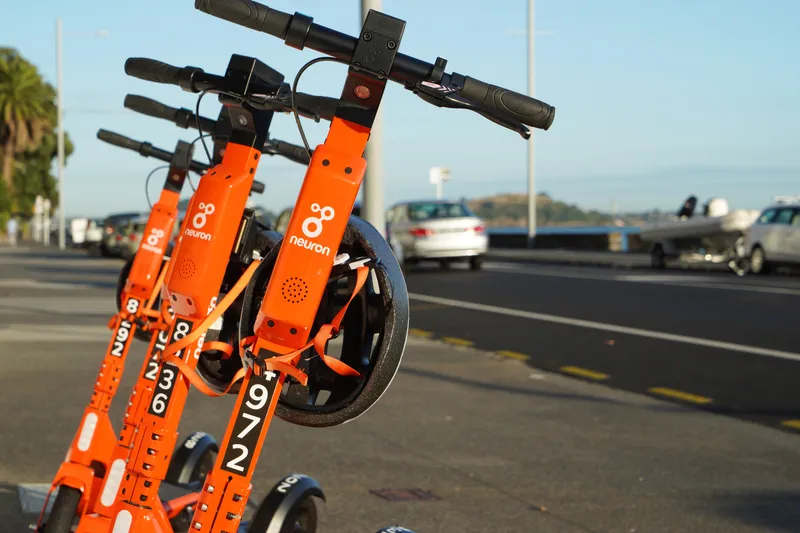Self-righting SPS 2Twenty bollards from SignPost Solutions, part of the Swarco Group, have been specifically designed for cycle lanes and other applications where a path needs to be clearly, visibly and safely delineated such as in car parks or at hospitals, airports, train stations and supermarkets.
September 16, 2016
Read time: 1 min
Self-righting SPS 2Twenty bollards from
The main face of the easy-to-install, versatile slimline bollard SPS 2Twenty allows customisable graphics that are recessed and easy to clean. A synthetic low-profile rubber base delivers excellent levels of vandal and impact resistance. The absence of any springs or mechanical parts reduces the likelihood of failure and removes










